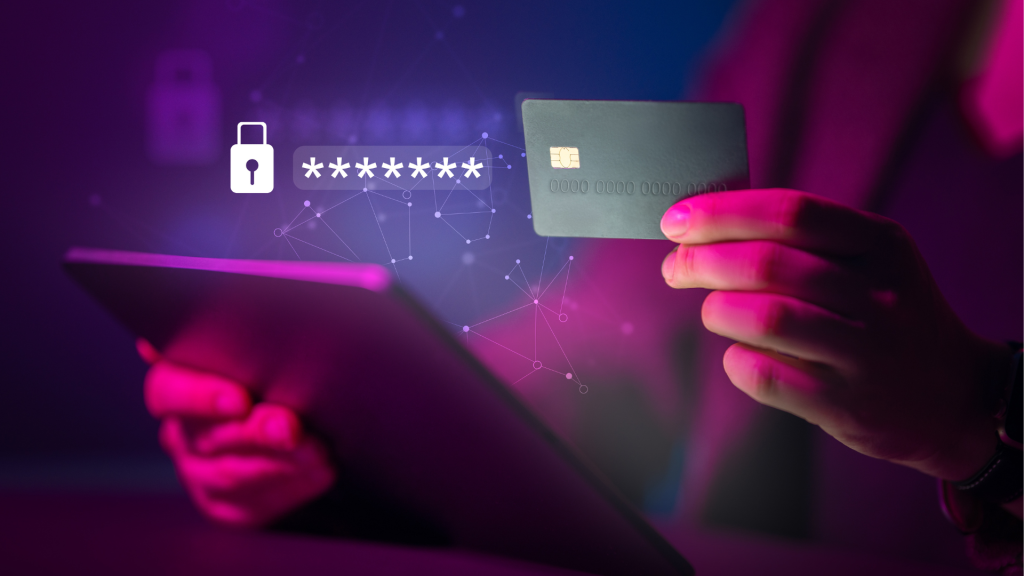Introduction
Blockchain technology is transforming the global financial landscape. India, with its fast-growing economy and strong digital infrastructure, is leading this change. Blockchain’s decentralized, secure, and transparent nature addresses issues like fraud, inefficiency, and trust in India’s financial sector. It is being used for secure transactions, supply chain management, and digital identity verification. However, challenges like regulatory uncertainty, scalability, and awareness persist.
Beyond finance, blockchain is revolutionizing industries. In supply chains, it ensures transparency and traceability. In healthcare, it secures patient data and simplifies record sharing. Real estate benefits from smart contracts, reducing paperwork and fraud. Voting systems are also exploring blockchain for enhanced security and transparency. As blockchain evolves, its potential to disrupt traditional systems and create innovative solutions grows, making it a key part of the digital future.

Understanding the Blockchain Technology
Blockchain is a decentralized, distributed ledger that securely records transactions across multiple nodes using cryptographic techniques and consensus mechanisms. Unlike centralized databases, it ensures immutability, transparency, and security, making it a foundational technology for various applications. Understanding blockchain involves grasping its decentralized nature, how transactions are verified, and the role of consensus in maintaining trust and integrity across the network.
Real-World Applications of Blockchain
Supply Chain Management
Blockchain technology plays a crucial role in tracking the movement of goods, ensuring transparency, and verifying authenticity across supply chains. For instance, Walmart and IBM have partnered to use blockchain for monitoring food supply chains, effectively reducing risks of fraud and contamination.

Key Benefits:
- Improved Product Traceability: Enables real-time tracking of goods from origin to destination.
- Reduced counterfeit goods: Ensures authenticity by maintaining an immutable record of transactions.
- Enhanced Logistics Efficiency: Streamlines operations by minimizing delays and errors.
Healthcare and Medical Records

Blockchain technology plays a crucial role in securing patient data by enabling tamper-proof and interoperable electronic health records (EHRs). For instance, companies like MedicalChain and BurstIQ utilize blockchain to facilitate secure sharing of patient information.
Key Benefits:
- Enhanced Security: Protects sensitive medical data from unauthorized access or tampering.
- Fraud Prevention: Reduces fraud in pharmaceutical supply chains by ensuring transparency and traceability.
- Improved Collaboration: Enables seamless and secure data sharing among healthcare providers, fostering better coordination and patient care.
Blockchain in Financial Services
Blockchain is revolutionizing financial transactions by offering faster, cheaper, and more secure payment processing.

Use Case: Ripple and Stellar use blockchain to enable cross-border payments with reduced fees.
Key Benefits:
- Faster international transactions compared to traditional banks
- Reduces fraud and unauthorized access to financial data
- Improves transparency in auditing and regulatory compliance
Blockchain for Cybersecurity
Blockchain offers a secure infrastructure to safeguard against cyber threats and unauthorized access.
Use Case: Guardtime leverages blockchain to strengthen data integrity in cybersecurity applications.

Key Benefits:
- Prevents data tampering and unauthorized modifications.
- Protects against distributed denial-of-service (DDoS) attacks.
- Enhances security in cloud storage and online communications.
Blockchain’s Future: Emerging Trends
Blockchain began with cryptocurrency, led by Bitcoin, but its secure, transparent, and decentralized nature soon expanded its use beyond finance. Today, it powers industries like supply chain, healthcare, and real estate, where trust and security are vital. Globally, adoption is growing due to key trends: DeFi (Decentralized Finance) is revolutionizing finance by eliminating intermediaries, while smart contracts automate transactions, reducing fraud. In supply chains, blockchain ensures traceability and ethical sourcing. NFTs (Non-Fungible Tokens) are transforming creative industries, and CBDCs are modernizing monetary systems. Additionally, interoperability is enabling seamless communication between blockchains, creating a more connected ecosystem. Together, these innovations highlight blockchain’s transformative potential across sectors.
Blockchain Efforts by the Indian Government
| Blockchain initiative | Theme |
| Maharashtra Blockchain Sandbox | Focus on blockchain-backed applications for e-governance, with emphasis on supply-chain management, land registry, and public record-keeping. |
| Andhra Pradesh Land Registry | ‘Digital’ version of the Indian rupee. |
| Telangana Blockchain Initiatives | For ensuring land records management through digitization. |
| IndiaChain | ‘Digital’ version of the Indian Rupee. |
| For the creation of a blockchain framework to help with blockchain’s adoption in different areas. | For creation of a blockchain framework to help with blockchain’s adoption in different areas. |
| Election Commission of India | For securing voting systems through security and transparency of the electoral process. |
| Bankchain Consortium | To enhance security and diminish frauds related to banking operations. |
Barriers to Blockchain Growth in India
While blockchain presents immense opportunities for the future, India faces notable challenges in its adoption. To begin with, since the technology is still in its early stages, there is limited trust and understanding, making it difficult to predict its full impact on a national scale. Nevertheless, India has taken proactive steps by initiating strategies to research and implement blockchain solutions.
One of the major hurdles is the lack of clear regulations, which creates uncertainty for companies hesitant to adopt the technology. As a result, without proper legal frameworks, businesses remain cautious. Furthermore, the shortage of skilled professionals and expertise in blockchain further complicates its widespread adoption, making the journey toward integration a daunting task. In addition, the absence of standardized practices and awareness adds to the complexity. Therefore, while the potential is vast, addressing these challenges is crucial for blockchain to thrive in India.
Conclusion
Blockchain technology extends far beyond its role in cryptocurrencies, offering unparalleled security, transparency, and decentralization that is reshaping industries across the board. From healthcare and supply chains to cybersecurity and real estate, blockchain is redefining traditional systems and solving long-standing challenges. Despite obstacles such as scalability issues and regulatory uncertainties, its potential to enhance efficiency, security, and trust is undeniable. As adoption continues to grow, both businesses and individuals will reap the benefits of a future built on decentralized, transparent, and secure blockchain solutions. The transformative impact of blockchain is only just unfolding.


